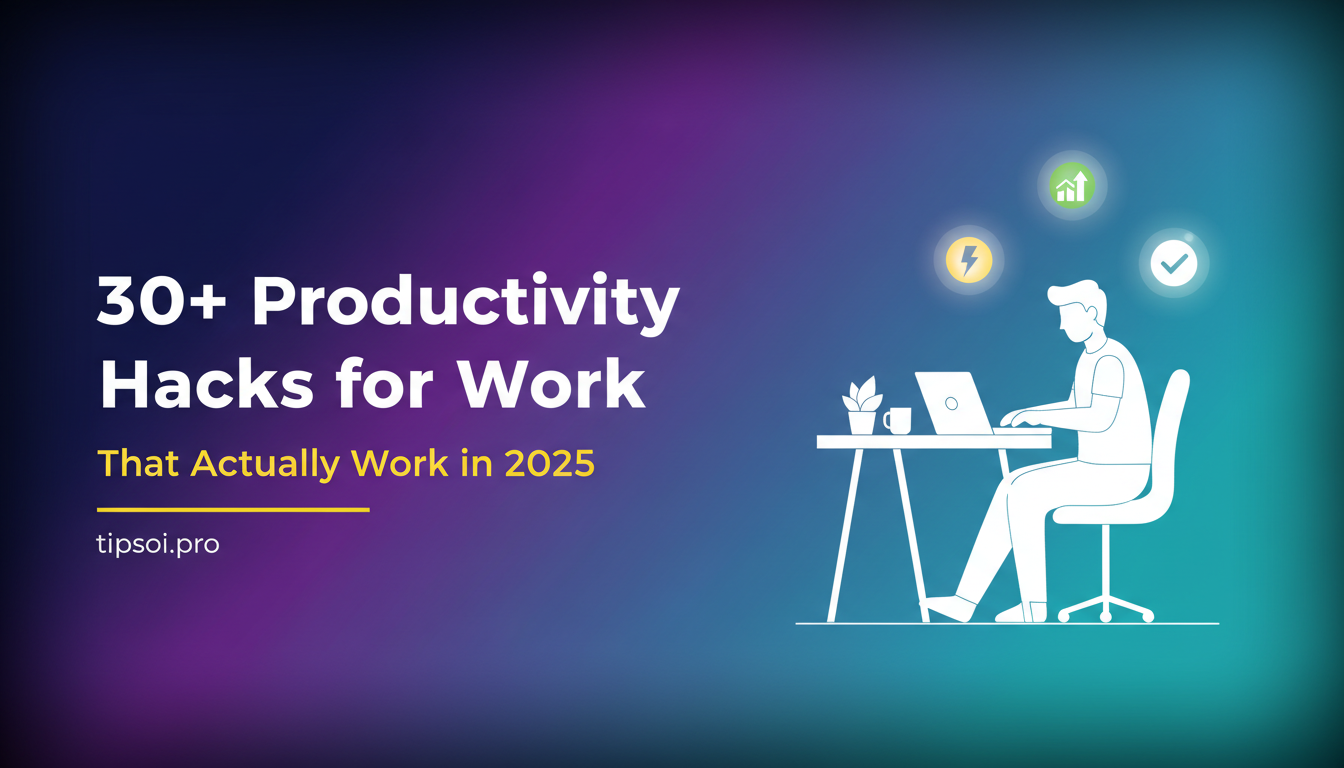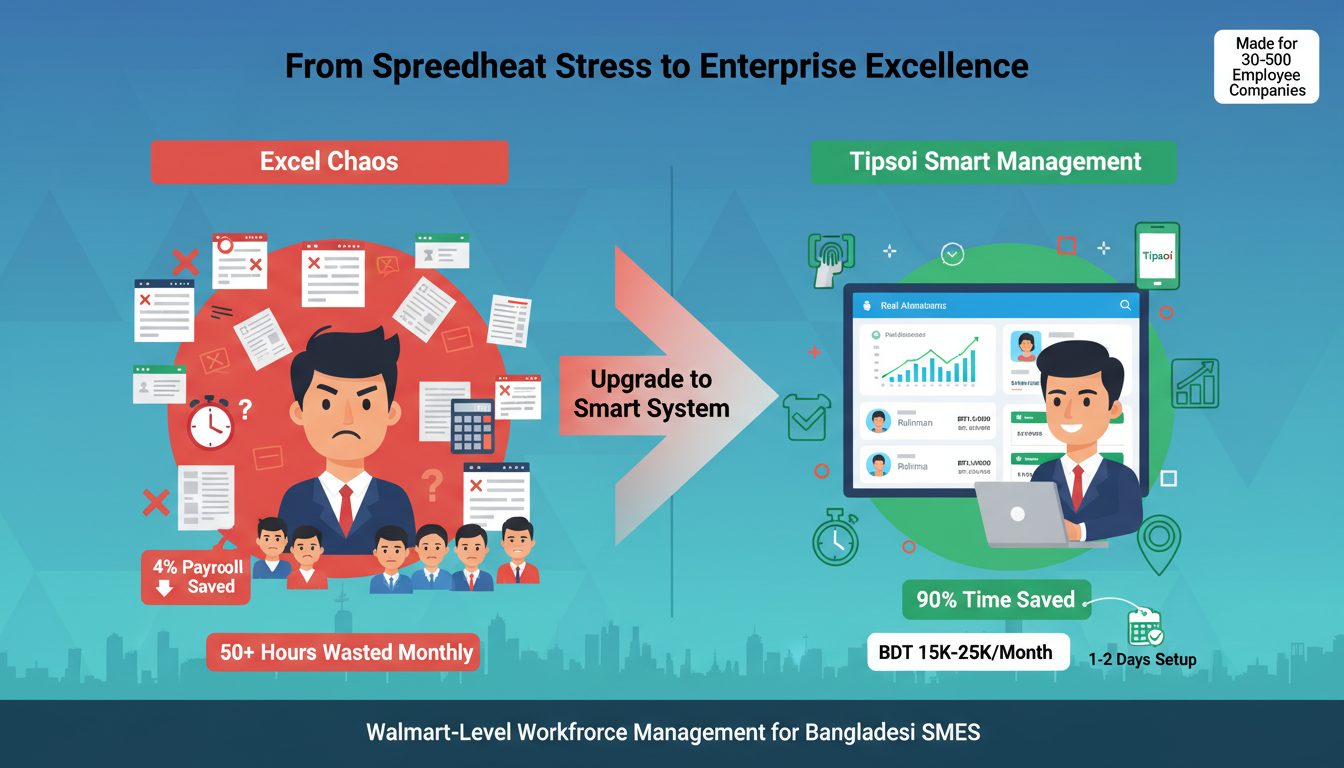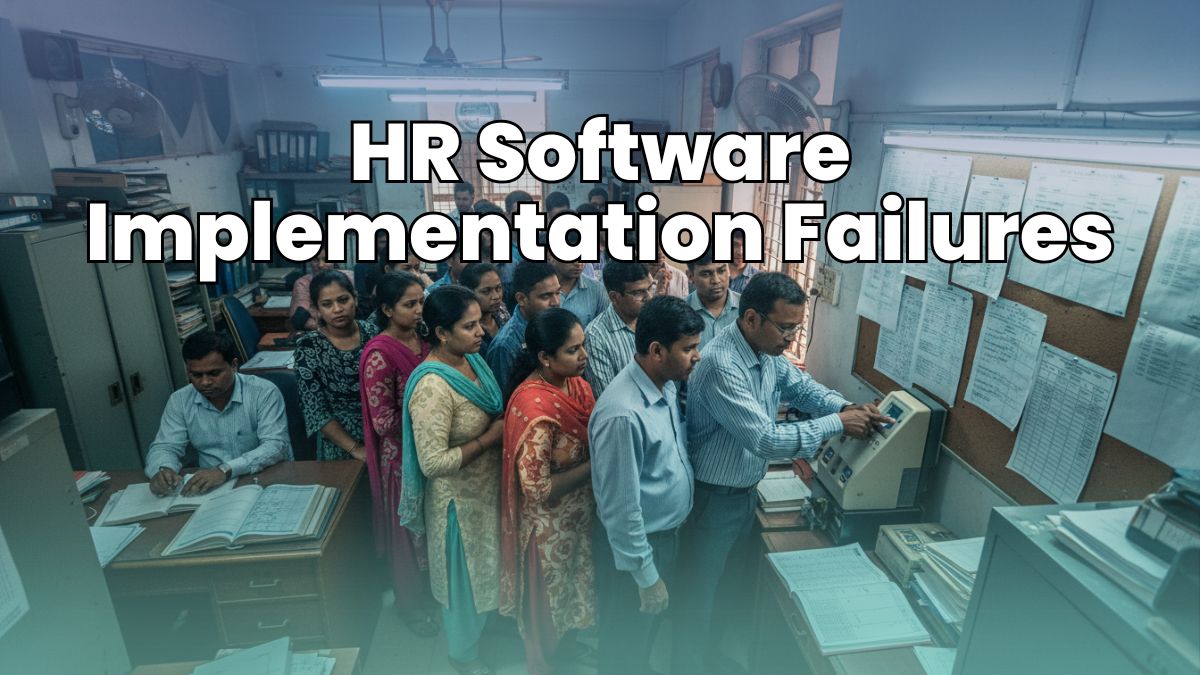The full form of CEO is Chief Executive Officer.
Alright, let’s cut to the chase. You’ve probably heard the term “CEO” thrown around in business conversations, news articles, or maybe even your favorite TV show. It sounds important, right? Well, it is. The CEO is the head honcho, the big cheese, the top dog of a company. But what does it actually stand for ?

Many people are familiar with the acronym CEO, but not everyone knows the full form of CEO. Learn about the full form of CEO role and responsibilities of a CEO, or Chief Executive Officer, in leading and managing a company.” “Explore the skills and qualities necessary for success in this top-level executive position.
CEO: Chief Executive Officer
There you have it. Simple, straightforward, and to the point. But don’t let the simplicity fool you. The role of a CEO is anything but simple.
The Weight of the World (or at least the Company)
Before we delve deeper into the responsibilities and challenges of a CEO, let’s quickly recap the full form of CEO. Imagine being the captain of a massive ship navigating through stormy seas. That’s kind of what it’s like to be a CEO. They’re responsible for steering the entire company towards success. This includes:
1. Setting the company’s vision and strategy:
Think of this as the ship’s destination and the route to get there. The CEO needs to have a clear vision of where they want the company to go and a well-defined strategy to achieve it.
2. Making major decisions:
From launching new products to acquiring other companies, the CEO makes the big calls that can make or break the company.
3. Managing the company’s overall operations:
This involves overseeing everything from finance and marketing to human resources and technology.
4. Representing the company to the public and shareholders:
The CEO is the face of the company. They need to be able to communicate effectively with investors, the media, and the general public.
The Buck Stops Here
The CEO is ultimately accountable for the company’s performance. If the company is thriving, the CEO gets the credit. But if the company is struggling, the CEO takes the heat. It’s a high-pressure, high-stakes job that requires a unique set of skills and qualities.
Historical Evolution of the CEO Role
The role of the Chief Executive Officer (CEO) has undergone significant transformations over the past century, evolving from a focus on operational control to strategic leadership and social responsibility. This evolution reflects broader changes in industrial practices, technological advancements, globalization, and societal expectations.
Early 20th Century: Command and Control Management
Between 1916 and 1926, CEOs were primarily authoritative figures who managed hierarchical organizations with strict top-down control. Influenced by Scientific Management principles, their focus was on efficiency, standardization, and maximizing productivity. Leaders like Henry Ford exemplified this era by revolutionizing industrial processes with assembly line techniques.
Mid-20th Century: Strategic Management and Globalization
From the 1950s to the 1980s, CEOs transitioned into strategic planners as industries diversified and global markets expanded. This period saw leaders like Alfred P. Sloan of General Motors introduce decentralized structures and long-term growth strategies. CEOs began emphasizing innovation, mergers, and acquisitions to maintain competitiveness.
Late 20th Century: Digital Transformation
The rise of computing and digital technologies in the 1980s and 1990s reshaped the CEO role further. CEOs became brand leaders, integrating technology into business operations while focusing on corporate identity and stakeholder engagement.
21st Century: Sustainability and Social Impact
Modern CEOs are expected to balance profitability with ethical responsibilities. From 2016 onward, there has been a growing emphasis on Environmental, Social, and Governance (ESG) practices. CEOs now prioritize sustainability initiatives, diversity, inclusivity, and community engagement. Leaders like Paul Polman of Unilever exemplify this shift by advocating for long-term strategies that align business goals with societal well-being.
Key Milestones in CEO Evolution
| Era | Focus | Notable Changes |
|---|---|---|
| Early 1900s | Command and Control | Hierarchical management; emphasis on efficiency. |
| Mid-1900s | Strategic Planning | Diversification; decentralized structures; globalization. |
| Late 1900s | Digital Transformation | Integration of technology; public-facing leadership. |
| Modern Era (2016+) | Sustainability & Social Impact | ESG practices; ethical leadership; inclusivity |
Challenges Faced by CEOs
The role of a CEO is not without its challenges. As the driving force behind a company’s success, CEOs must navigate complex landscapes, including internal organizational dynamics, external market pressures, and societal expectations. Here are some of the most common challenges faced by CEOs today:
1. Balancing Short-Term and Long-Term Goals
CEOs often struggle to balance immediate business needs, such as quarterly earnings, with long-term strategic goals like innovation and sustainability. This tension requires careful prioritization and decision-making.
2. Managing Stakeholder Expectations
CEOs must address the often-conflicting demands of various stakeholders, including investors, employees, customers, and regulators. Keeping all parties satisfied while staying true to the company’s mission can be a delicate balancing act.
3. Adapting to Rapid Change
In today’s fast-paced world, CEOs face constant disruption from technological advancements, economic shifts, and evolving consumer preferences. Adapting quickly while maintaining stability is a critical skill.
4. Building and Maintaining Company Culture
A strong organizational culture is essential for employee engagement and retention. CEOs are responsible for leading by example and fostering an environment that aligns with the company’s values.
5. Navigating Crisis Situations
From financial downturns to public relations disasters, CEOs are often at the forefront of managing crises. Their ability to remain calm under pressure and implement effective solutions can determine the company’s survival.
6. Ensuring Diversity and Inclusion
Modern CEOs are increasingly tasked with creating diverse and inclusive workplaces. This involves addressing systemic biases, promoting equal opportunities, and ensuring representation across all levels of the organization.
CEO Leadership Styles
CEOs adopt various leadership styles depending on their personality, company culture, and organizational goals. These styles influence how they manage teams, make decisions, and drive the company forward. Here are some common leadership styles seen among CEOs:
1. Visionary Leadership
Visionary CEOs focus on inspiring employees with a clear and compelling vision for the future. They prioritize innovation and long-term goals, motivating their teams to think creatively and work toward ambitious objectives.
Example: Elon Musk (Tesla, SpaceX) is known for his visionary approach to revolutionizing industries.
2. Transformational Leadership
Transformational leaders focus on driving change within their organizations. They challenge the status quo, encourage growth, and foster a culture of continuous improvement.
Example: Satya Nadella (Microsoft) transformed the company by focusing on cloud computing and inclusivity.
3. Servant Leadership
Servant leaders prioritize the needs of their employees and stakeholders above their own. They aim to empower their teams by fostering collaboration and trust.
Example: Tony Hsieh (Zappos) emphasized employee happiness and customer satisfaction as core values.
4. Autocratic Leadership
Autocratic CEOs make decisions independently with little input from others. This style can be effective in situations requiring quick decision-making but may hinder creativity and collaboration in the long term.
Example: Steve Jobs (Apple) was known for his strong, decisive leadership style.
5. Democratic Leadership
Democratic leaders encourage participation from their team members in decision-making processes. This style fosters collaboration, creativity, and employee engagement but may slow down decision-making in urgent situations.
Responsibilities of a CEO
The responsibilities of a CEO are vast and multifaceted, encompassing strategic planning, operational oversight, and stakeholder management. These duties ensure the organization runs smoothly and achieves its long-term goals. Below are the key responsibilities of a CEO:
1. Strategic Planning and Vision Setting
- CEOs are responsible for defining the company’s mission, vision, and long-term goals.
- They develop strategies to achieve these objectives while staying competitive in the market.
2. Decision-Making
- CEOs make critical decisions regarding mergers, acquisitions, new product launches, and market expansion.
- They assess risks and opportunities to guide the company toward success.
3. Overseeing Operations
- While not involved in day-to-day tasks, CEOs oversee overall operations to ensure efficiency across departments.
- They work closely with other executives like CFOs, COOs, and CTOs to align departmental efforts with company goals.
4. Financial Oversight
- CEOs monitor the company’s financial health by reviewing budgets, profit margins, and investment opportunities.
- They ensure that resources are allocated effectively to maximize profitability.
5. Building Relationships with Stakeholders
- CEOs act as the primary liaison between the board of directors and the company.
- They also represent the organization in public forums, investor meetings, and media engagements.
6. Fostering Organizational Culture
- CEOs set the tone for workplace culture by promoting values such as innovation, inclusivity, and accountability.
- Their leadership style directly influences employee morale and engagement.
Examples of CEO Tasks
To provide readers with a practical understanding of the CEO’s role, this section outlines specific tasks that CEOs handle daily. These examples illustrate how CEOs balance strategic planning, operational oversight, and stakeholder engagement to drive organizational success.
1. Leading Strategic Direction
- CEOs oversee the company’s long-term vision and strategy, ensuring alignment across all departments.
- Example: Satya Nadella at Microsoft successfully shifted the company’s focus to cloud computing and subscription-based models, revitalizing its position in the tech industry.
2. Driving Innovation
- CEOs foster innovation by encouraging new ideas and investing in research and development.
- Example: Elon Musk at Tesla revolutionized the electric vehicle market by prioritizing cutting-edge technology and sustainability.
3. Building Corporate Culture
- CEOs shape organizational culture by promoting values such as inclusivity, collaboration, and accountability.
- Example: Tony Hsieh at Zappos created a fun and engaging work environment that boosted employee satisfaction and customer loyalty.
4. Managing Financial Decisions
- CEOs collaborate with CFOs to oversee budgets, investments, and financial performance.
- Example: Tim Cook at Apple maintained profitability while expanding into new markets.
5. Representing the Company
- CEOs act as the public face of the organization, engaging with investors, media, and stakeholders to build trust and credibility.
- Example: Jeff Bezos at Amazon focused on customer-centric initiatives while redefining e-commerce standards.
Importance of Board Relationships
CEOs play a critical role in maintaining effective relationships with the board of directors. These relationships are built on trust, transparency, and alignment with organizational goals. Clear communication is essential, as CEOs must regularly update the board about company performance, industry trends, and strategic initiatives.
Key Aspects of Board Relationships
- Alignment with Goals: CEOs ensure that the board’s vision aligns with the company’s mission and long-term objectives.
- Educating Board Members: CEOs provide insights into market trends, competitive landscapes, and emerging risks to help board members make informed decisions.
- Trust and Transparency: Regular updates on financial performance and operational challenges foster trust and prevent surprises during critical discussions.
By fostering strong relationships with the board, CEOs can secure support for their strategies and ensure effective governance.
Performance Reviews for CEOs
Performance reviews for CEOs are vital for ensuring accountability and driving continuous improvement. These reviews are conducted by the board of directors or external consultants to evaluate the CEO’s effectiveness in achieving organizational goals.
Benefits of Performance Reviews
- Identifying Areas for Improvement: Systematic evaluations highlight strengths and weaknesses in leadership, decision-making, and strategic execution.
- Aligning Objectives: Reviews help ensure that the CEO’s priorities align with the company’s mission and stakeholder expectations.
- Feedback Loops: Constructive feedback fosters professional growth and long-term success by encouraging adaptability and innovation.
Regular performance reviews not only benefit the CEO but also contribute to organizational stability and growth.
Visionary Leadership
Visionary leadership is a hallmark of successful CEOs. It involves defining a clear mission, articulating long-term goals, and inspiring employees to work toward a shared vision. Visionary leaders focus on innovation and adaptability, ensuring their organizations thrive in dynamic markets.
Characteristics of Visionary Leadership
- Defining Organizational Vision: CEOs craft a compelling vision that aligns with market opportunities and societal needs.
- Inspiring Teams: By communicating this vision effectively, CEOs motivate employees to embrace creativity and collaboration.
- Aligning Stakeholders: Visionary leaders ensure that investors, customers, and partners support the company’s direction.
Examples of visionary leadership include Elon Musk’s focus on sustainability at Tesla or Satya Nadella’s transformation of Microsoft through cloud computing initiatives.
Digital Presence
In today’s digital age, CEOs increasingly use online platforms to share insights, engage stakeholders, and enhance brand visibility. A strong digital presence allows CEOs to connect directly with employees, customers, investors, and the public.
How CEOs Leverage Digital Platforms
- Social Media Engagement: Platforms like LinkedIn or Twitter allow CEOs to share updates, thought leadership articles, or industry insights.
- Content Creation: Blogs or video messages help CEOs shape their company’s narrative while fostering trust among audiences.
- Crisis Communication: During challenging times, digital channels enable CEOs to address concerns promptly and transparently.
By embracing digital tools, CEOs can amplify their influence while strengthening relationships across diverse audiences.
In order to be an effective CEO:
- A person must have a strong combination of leadership skills, business acumen, and strategic thinking.
- They should be able to inspire and motivate their team and make hard decisions.
- One of the key challenges for the role of a Chief Executive Officer is balancing the short-term needs of the business.
- The role of a CEO often involves making tough choices, including investing in infrastructure to improve the business.
- A Chief Executive Officer must also be a strong communicator and have the ability to build relationships.
- CEO must be able to clearly articulate the company’s mission and values and build trust with all stakeholders.
- Another important aspect of the CEO’s role is managing risk. This includes identifying potential threats to the business and implementing strategies to mitigate those risks.
- CEO also involves making informed decisions based on data and analysis and being willing to take calculated risks.
- Ultimately, the success of a Chief Executive Officer is judged by the performance of the company.
How adaptable does the role of the CEO have to be?
While the full form of CEO is Chief Executive Officer, the actual scope of their duties extends far beyond just ‘executing’ tasks. The adaptability for the role of a CEO with regard to the market will depend on the specific industry.
In general, it’s important for a CEO to adapt to changing market conditions and change the business strategy
This may involve adjusting the company’s product or service offerings, exploring new markets or partnerships, or changing the business model. A CEO is able to quickly respond to market shifts and identify opportunities for growth.
Similarly, it is important for a CEO to maintain a long-term goal and not to be affected by immediate issues.
The CEO should strike a balance between the needs and the company’s mission and values.
CEO needs to be able to adapt because it helps them deal with a constant changing business world.
CEOs in the Wild: Real-Life Examples
Let’s take a look at some famous CEOs and the impact they’ve had on their companies:
- Elon Musk (Tesla, SpaceX): Known for his ambitious vision and risk-taking approach, Musk has revolutionized the electric car and space industries.
- Jeff Bezos (Amazon): Bezos’s relentless focus on customer satisfaction and innovation has turned Amazon into a global e-commerce giant.
- Tim Cook (Apple): Following in the footsteps of Steve Jobs, Cook has successfully steered Apple to new heights while maintaining its reputation for innovation and design.
- Mary Barra (General Motors): As the first female CEO of a major automaker, Barra has led GM through a period of significant transformation, including a focus on electric and autonomous vehicles.
These are just a few examples of CEOs who have made a significant impact on their companies and industries. They demonstrate the power and influence that a CEO can wield.
The Data Doesn’t Lie
- According to a study by Harvard Business Review, the average tenure of a CEO in the S&P 500 is about 7 years. (Source)
- The median CEO compensation in the S&P 500 was $14.5 million in 2022, according to Equilar. (Source)
- A study by PwC found that CEOs are increasingly focused on environmental, social, and governance (ESG) issues. (Source)
These statistics highlight the importance and complexity of the CEO role.
Future Trends in CEO Leadership
The role of the CEO is evolving rapidly in response to technological advancements, shifting employee expectations, and global challenges. To remain effective, CEOs must adapt to these changes and lead with agility, empathy, and foresight. Below are key trends shaping CEO leadership in 2025:
1. AI-Driven Decision-Making
- CEOs are increasingly leveraging artificial intelligence (AI) to make data-driven decisions. AI tools provide real-time insights into market trends, customer behavior, and operational efficiency.
- Example: Companies like Amazon and IBM use AI to optimize supply chains and predict consumer behavior.
2. Emphasis on Sustainability
- Sustainability has become a core focus for CEOs as stakeholders demand environmentally responsible practices. CEOs now prioritize reducing carbon footprints, using clean energy, and aligning corporate goals with global sustainability targets.
- Example: Green CEOs are leading initiatives that attract eco-conscious investors and customers.
3. Hybrid Work Models
- The shift to hybrid work models requires CEOs to rethink workplace strategies. They must invest in technology that supports seamless collaboration while fostering a culture of trust and inclusivity.
- Example: Remote-first CEOs use advanced communication tools to engage geographically dispersed teams effectively.
4. Inclusive Leadership
- Diversity and inclusion are becoming essential components of corporate culture. CEOs are dismantling systemic barriers and promoting equal opportunities through transparent policies and mentorship programs.
- Example: Inclusive leaders create innovative environments by incorporating diverse perspectives into decision-making.
5. Ethical Leadership
- Ethical leadership is now a priority for CEOs who aim to build trust with stakeholders. This involves promoting transparency, accountability, and social responsibility in all business operations.
- Example: Ethical CEOs lead initiatives like community outreach programs and diversity efforts while maintaining high standards of governance.
Are directors more powerful in a company than the CEO?
The board of directors is typically responsible for overseeing operations and strategy, while the CEO is responsible for implementing decisions.
The board of directors may be considered more powerful than the CEO, as they have the authority to make top-level decisions.
However, the influence of the board of directors and the CEO can vary depending on the work of the organization. In some companies, the CEO may have a strong relationship with the board and have significant input into decision-making. In other cases, the CEO may be more constrained by the board of directors and have less freedom.
It is important to note that the roles of the CEO and the board of directors are ultimately complementary. The CEO is in charge of putting the board’s strategies and decisions into action. The board’s job is to keep an eye on the CEO and the rest of the organization. Overall, while there are many commonalities in the role of a CEO across different types of companies, the specific responsibilities of a CEO at a computer firm may be shaped by the nature of the industry and the products or services offered by the company.
How Tipsoi Can Empower CEOs
The multifaceted role of a CEO demands efficiency, data-driven insights, and a focus on the human element. Tipsoi’s comprehensive HR solutions can help you:
- Streamline Operations: Automate routine HR tasks, freeing up your time for strategic decision-making and driving business growth.
- Empower Your Workforce: Provide employees with self-service tools and a seamless HR experience, boosting engagement and productivity.
- Make Informed Decisions: Leverage data analytics to gain insights into workforce trends, identify top performers, and make strategic talent decisions.
- Ensure Compliance: Stay ahead of ever-changing regulations and mitigate risks with automated compliance management.
- Foster a Positive Culture: Prioritize employee well-being and create a more inclusive workplace with tools that support mental health, diversity, and recognition.
Ready to elevate your HR capabilities and unlock your organization’s full potential? Explore Tipsoi’s HR solutions today and discover how we can help you achieve your strategic goals.
Conclusion:
In summary, the role of a CEO is multifaceted and requires a range of skills and competencies. The CEO is the leader of the company and has a big impact on its success. He or she sets the overall strategy and direction of the organization, manages risk, and drives performance, among other things.
Frequently Asked Questions
What are the responsibilities of a CEO?
CEOs are responsible for setting the company’s vision and strategy, making major decisions, managing overall operations, and representing the company to the public and shareholders.
What skills and qualities does a CEO need?
CEOs need strong leadership, decision-making, communication, and strategic thinking skills. They also need to be adaptable, resilient, and able to handle pressure.
What is the average salary of a CEO?
The median CEO compensation in the S&P 500 was $14.5 million in 2022.
How long is the typical tenure of a CEO?
The average tenure of a CEO in the S&P 500 is about 7 years.
What are some of the challenges CEOs face?
CEOs face a variety of challenges, including managing complex organizations, navigating economic uncertainty, dealing with disruptive technologies, and maintaining a healthy work-life balance.
What are some of the rewards of being a CEO?
The rewards of being a CEO can include high compensation, prestige, the opportunity to make a significant impact on the world, and the satisfaction of leading a successful company.







